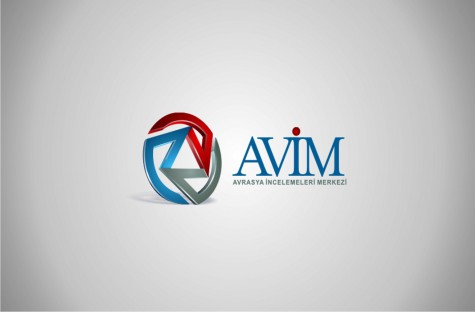
Özge Nur ÖĞÜTCÜ, AVİM
Armenia has been a very important topic for Russia–European Union relations. Armenia is one of the countries included in the European Union Eastern Partnership program, as well as one that joined the Eurasian Union – an initiative launched by Russian Federation.
In terms of economic relations, despite sanctions implemented against Russia, as well as the crisis with Russian ruble and declining oil prices that has created problems for Eurasian Union member countries,[1] Russian investments in Armenia constitute a major backup for keeping Armenian economy alive and boosting economic developments. Russian companies (and therefore Russia) invested in vital sectors such as telecommunications, energy, and mining. Some scholars, having a realist perspective, are trying to explain Armenia’s policy change in terms of security and economic concerns, but we should keep in mind the fact that until the day Armenian President Sargysan declared Armenia’s choice to join the customs union of the Eurasian Union, the EU was expecting Armenia to proceed with EU integration and sign the Association Agreement. Now, because of technical details, having further integration with EU markets is off the table. EU, being aware of the effects of the crisis with Russia over the “former Soviet Union” region, decided to change EU’s Eastern Partnership framework and adopt more flexible rules which will take the regional/domestic dynamics into account. Neighbourhood Commissioner Johannes Hahn stated: “We are currently consulting widely on the way ahead for this policy with a view to developing more effective ways of working with these key partners for the benefit of the EU and our neighbours themselves.”[2] It might be even possible to say that Armenia will benefit from this change of policy. It will give Armenia the chance to pursue cooperation with EU on sectorial level, particularly energy, as well as on political level, human rights issues and democratic progress even though Armenia preferred to join the Eurasian Union. As such, Armenia will have the chance to benefit from EU funds and consultancy on different levels while at the same time deepening relations with Eurasian Union members. For instance, a recent report published by the European Commission on Armenia states that the EU is not pleased with the progress Armenia has so far made.[3] The Report states that Armenia has to work particularly on democracy, human rights and judiciary reforms.[4] However, considering the current convergence with Russia, Armenia might have limited room for maneuvering to implement independent policies. So, the real question here is whatever EU does, will Armenia be able to implement its advice? To put it another way, will it be up to Armenia’s will to take EU’s suggestions and reports into account?
This message was important in terms of understanding the regional dimensions as well as Armenia’s unstable foreign policy based on a fragmented structure of political tendencies, dependencies, and preferences on the domestic level. This might create an impact on the regional level as well.
We should keep in mind Armenia’s perceptions about the role of Russia in the region. Even though Armenia cooperates with NATO and contributes in NATO Missions; Russia remains as its main ally. Armenia is the only country in the South Caucasus hosting a Russian military base within its territories (Gyumri), and it has been a member of the Collective Security Treaty Organization[5] (CSTO) since 2002, and it most recently decided to join the Eurasian Union. We can clearly see that Russia has a dominant influence over Armenia. Especially because of Armenia’s increasing dependency on Russia, this influence is expected to increase even more in the future.
Armenia’s main concerns are the conflict over Nagorno-Karabakh - a land occupied by Armenia - and closed borders with Turkey, which were closed as a reaction of the occupation of Nagorno-Karabakh and surrounding districts.[6] Foreign Minister of Russia Sergey Lavrov clarified the position of Russia on Nagorno-Karabakh, stating that "I am sure that despite military rhetoric, none of the parties want it. All our steps for the settlement of the Nagorno-Karabakh conflict are aimed at finding as soon as possible a mutually acceptable peace formula," at a joint news conference with Foreign Minister of Armenia Edward Nalbandian.[7] Yet, Russia adopts a sharper position on the Armenia-Turkey relations. Putin declared that he will attend the commemoration on the events of 1915 that will be held in Yerevan on 24th of April, 2015. Despite the good relations between Russia and Turkey, such as new “Turkish Stream” pipeline project, President Putin made his position clear on a very sensitive issue for Turkey. But considering Russia’s policies in the region, it is obvious that Russia remains as the main guarantor of Armenia’s security. Armenia followed this path at the expense of being isolated and excluded in the region.
After a Russian soldier from the Gyumri base killed an entire Armenian family, where the Russian base is located, this security perception and the role of Russia in Armenia (in the South Caucus from a broader perspective) has been challenged as well. Different voices have been raised in Armenia on the Armenia-Russian Federation relations.[8] However, Russia has continued to strengthen its military existence and power in the South Caucasus. Recently, Russian pilots exercised large-scale military drills in Armenian airspace. According to press, the Southern Military District of Russian Federation spokesman said that "The maneuvers involve more than 100 troops of flight and service personnel of the force grouping and more than 30 units of special military and aircraft equipment…"[9] Moreover, under CSTO, member countries conducted exercises simulating possible reactions to any threat coming from ISIS. According the news, “The exercise included the simulation of ISIS militant activities in non-existent CSTO member states.”[10] Russia gives a strong message to the international community: Russia is determined to hold onto its dominant role in the South Caucasus. Actually, Russia gave such signals when it agreed with Armenia to keep the military base operational until 2044.
Other important developments on the political and diplomatic relations are also worth mentioning. On 7th of April, Armenia’s Foreign Minister Edward Nalbandian paid a visit to Moscow to discuss further cooperation between Armenia and Russia. They discussed Armenia’s integration to Eurasia Union, cooperation of two actors on the international level and Nagorno-Karabakh “peace process”. According to the FM press release of Russia “The ministers spoke in favour of continuing the active use of the ministerial consultations mechanism and strengthening coordination, including in the framework of the UN, CIS, CSTO, OSCE, BSEC and other multilateral forums.”[11] Hence, Armenia declares that foreign policy agenda will be determined in accordance with the outcomes of their consultations with Russia. Armenia will no longer be able to adopt independent foreign policies, even if this is not openly stated this dependency will directly affect its relations both with EU and NATO as well.
Increasing influence of Russia has raised concerns in the US Congress. Mr. Darrell Issa, a US Congressman, expressed his view over this issue at a public hearing, stating that “Today’s hearing is important, but it is not new. We will say a great many things, but very few of them will be new. Certainly, questions about Armenia’s banking relationship with Iran, authorized, pushed prodded and cajoled by Russia is new and concerning…I look forward to questions, particularly questions about Russia’s involvement through Armenia in the backdoor circumvention of the sanctions that are in place today.”[12]. Similarly, Dan Burton, a former Congressman, draw attention to the same issue. He mainly focused on the relations between Armenia and Iran, but added the role of Russia in the region.[13] According to news, Iranian Foreign Minister Javad Zarif sees Armenia’s decision to be a member of Eurasian as a positive development. For Iran, this will help to “broader cooperation options to Iran, Armenia and Russia”.[14] Congressman Burton also stated that “…Earlier, Iran’s ambassador to Moscow, Mehdi Sanai, said that Tehran will seriously look at signing a memorandum of understanding on trade with the EEU. In fact, Sanai has publicly envisioned Iranian-Russian trade jumping from the present annual $3-5 billion to $70 billion.”[15] Considering the routes of the Southern Armenia Railway, Armenia will play a role as a “hub” between Iran and Russia. Therefore Russia will have chance to find a link with Iran, increase its influence event more and in return Iran will have a direct access to the Black Sea region via transportation corridors. Particularly considering the sanctions implemented against Russia and Russia’s efforts to create new markets for its products, Mr. Issa’s and Mr. Burton’s concerns should be taken seriously.
Considering EU’s efforts to keep Armenia still on track (in terms of democratization and cooperating with EU) and Armenia’s “limited” process, Mr. Issa’s concerns he raised at the US Congress, latest developments on the military and economic areas, the international community should re-think (first, Armenia’s “u-turn” and going ahead with Eurasian Union, and second getting closer with Russia on many different levels) about sincerity of Armenia’s government’s when it comes to relations with Euro-Atlantic region.
[1] Nate Schenkkan, “Eurasian Disunion”, 26.12.2014, http://www.foreignaffairs.com/articles/142745/nate-schenkkan/eurasian-disunion
[2] EurActiv, “Commission publishes neighbourhood reports for 'test year 2014'”, 25.03.2015, http://www.euractiv.com/sections/europes-east/commission-publishes-neighbourhood-reports-test-year-2014-313252
[3] Ibid.
[4] European Commission, “Implementation of the European Neighbourhood Policy in Armenia Progress in 2014 and recommendations for actions”, 25.03.2015, http://eeas.europa.eu/enp/pdf/2015/armenia-enp-report-2015_en.pdf
[5] An intergovernmental military initiative established by Russia. Currently Armenia, Belarus, Kazakhistan, Russia and Tajikistan are the members
[6] ATAA, “Armenian-Azerbaijan Conflict”, http://www.ataa.org/reference/occupation_az.html
[7] Arka News Agency, “Russian FM says renewed war in Nagorno-Karabakh unthinkable”, 08.04.2015, http://arka.am/en/news/politics/russian_fm_says_renewed_war_in_nagorno_karabakh_unthinkable/
[8] Turgut Kerem TUNCEL, “A RUSSIAN SOLDIER’S MULTIPLE KILLINGS IN ARMENIA”, 20.01.2015, http://www.avim.org.tr/analiz_print/en/3839
[9] News.az, “Russian Air Force tactical maneuvers begin in Armenia”, 02.04.2015, http://www.news.az/articles/armenia/96756
[10] Siranush Ghazanchyan, “CSTO joint staff conducts exercises countering ISIS”, 23.03.2015, http://www.armradio.am/en/2015/03/23/csto-joint-staff-conducts-exercises-countering-isis/
[11] Press release on Armenian Foreign Minister Edward Nalbandian’s official visit to Russia, MFA Russian Federation, 08.04.2015, http://www.mid.ru/brp_4.nsf/0/048AC8789A5F9FAB43257E2200222511
[12] Turkish Institute for Progress, “Congressman Issa suggests Russia & Iran are using Armenia to avoid sanctions”, 12.02.2015, http://www.turkishprogress.org/congressman-issa-suggests-russia-iran-are-using-armenia-to-avoid-sanctions/
[13] Dan Burton, “Is Armenia America’s Ally Or Iran’s?”, The Daily Caller, 12.03.2015, http://dailycaller.com/2015/03/12/is-armenia-americas-ally-or-irans/
[14] EurAsianet, “Looking at Armenian-Iranian Relations Through a Russian Lens”, 04.02.2015, http://www.eurasianet.org/node/71921
[15] Dan Burton, “Is Armenia America’s Ally Or Iran’s?”, The Daily Caller, 12.03.2015, http://dailycaller.com/2015/03/12/is-armenia-americas-ally-or-irans/
© 2009-2025 Center for Eurasian Studies (AVİM) All Rights Reserved
No comments yet.
-
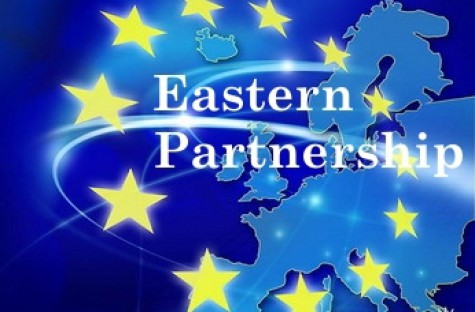 EUROPEAN UNION EASTERN PARTNERSHIP POLICY AND RUSSIA’S INCREASING INFLUENCE
EUROPEAN UNION EASTERN PARTNERSHIP POLICY AND RUSSIA’S INCREASING INFLUENCE
Özge Nur ÖĞÜTCÜ 13.03.2014 -
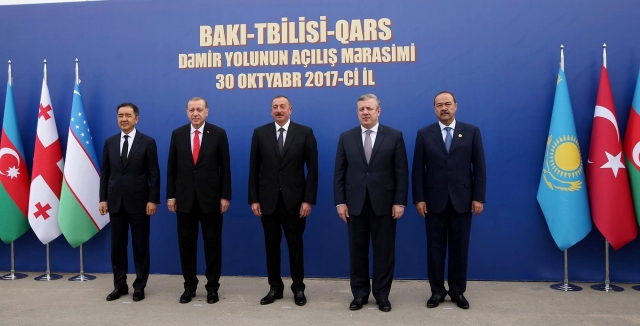 WHY THE BAKU-TBILISI-KARS RAILWAY MATTERS
WHY THE BAKU-TBILISI-KARS RAILWAY MATTERS
Özge Nur ÖĞÜTCÜ 01.11.2017 -
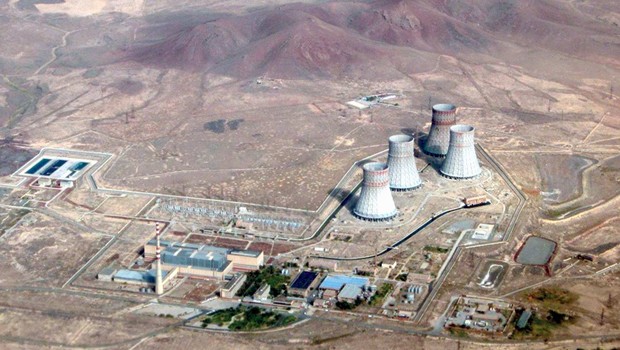 METSAMOR AND REGIONAL NUCLEAR-SECURITY IN THE SOUTH CAUCASUS
METSAMOR AND REGIONAL NUCLEAR-SECURITY IN THE SOUTH CAUCASUS
Özge Nur ÖĞÜTCÜ 14.06.2016 -
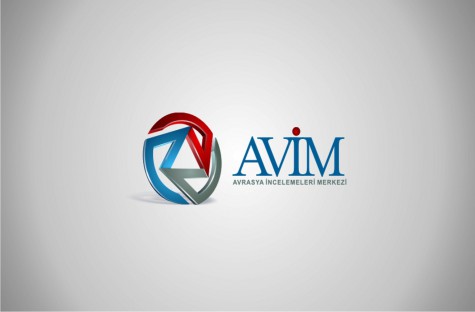 Center for Eurasian Studies and Konrad Adenauer organized
Center for Eurasian Studies and Konrad Adenauer organized
Özge Nur ÖĞÜTCÜ 08.12.2014 -
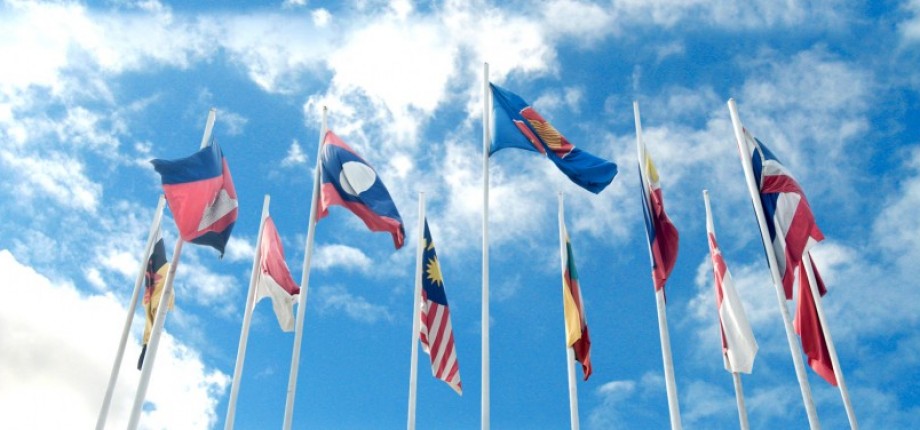 ASEAN SUMMIT AND SOUTH CHINA SEA
ASEAN SUMMIT AND SOUTH CHINA SEA
Özge Nur ÖĞÜTCÜ 12.10.2016
-
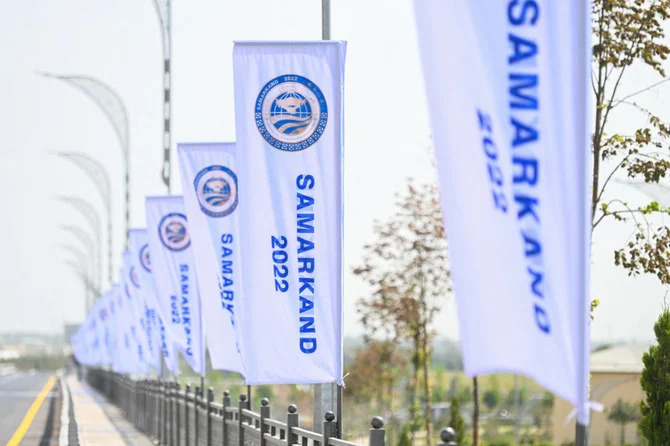 ISSUES OF INTEREST BEFORE THE SHANGHAI COOPERATION ORGANIZATION SUMMIT IN SAMARKAND
ISSUES OF INTEREST BEFORE THE SHANGHAI COOPERATION ORGANIZATION SUMMIT IN SAMARKAND
Gülperi GÜNGÖR 16.09.2022 -
AVIM HELD MEETINGS WITH THINK TANKS AND ACADEMIC CIRCLES IN TEHRAN
AVİM 17.09.2015 -
IS IT REALLY A SUCCESS?
Ömer Engin LÜTEM 05.03.2010 -
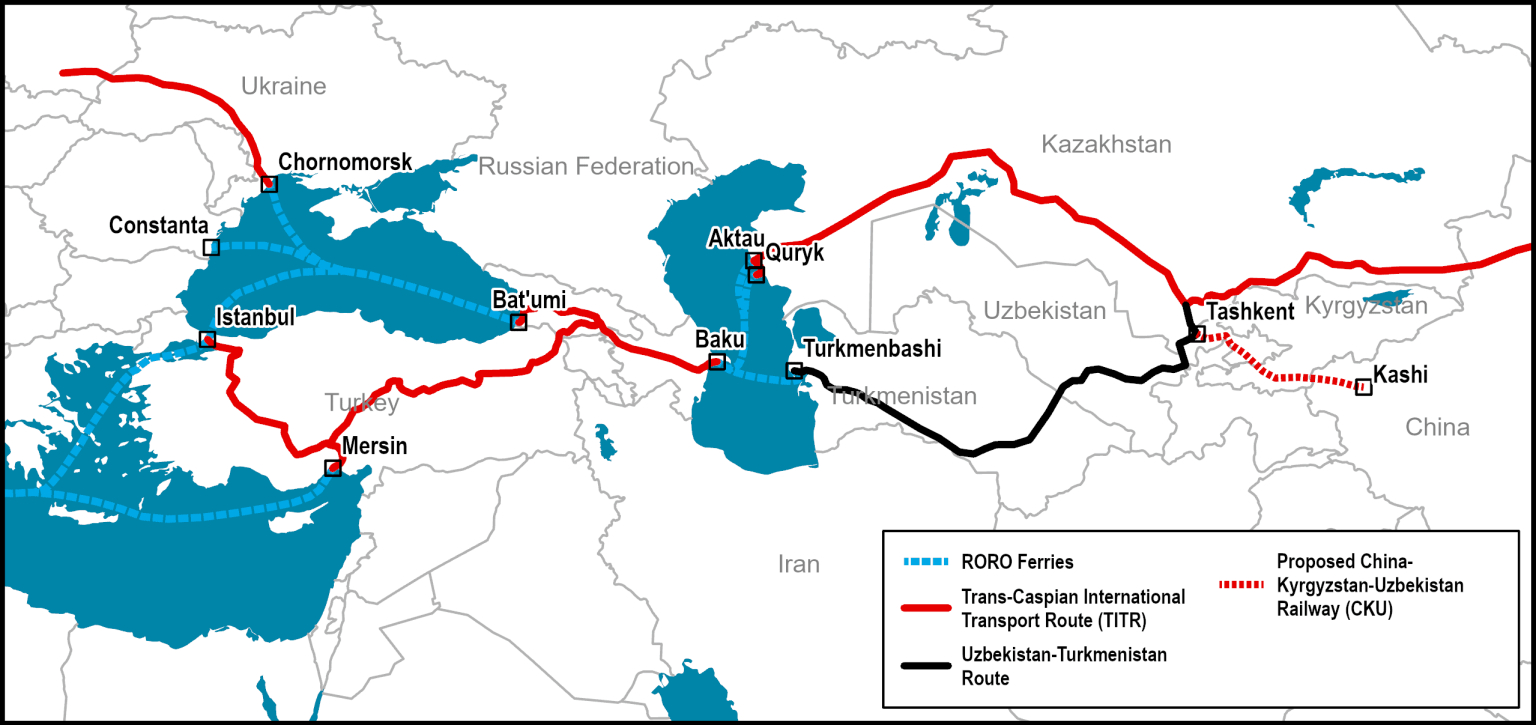 THE DEVELOPING TRANSIT ROUTES IN THE MIDDLE CORRIDOR
THE DEVELOPING TRANSIT ROUTES IN THE MIDDLE CORRIDOR
Bekir Caner ŞAFAK 20.03.2025 -
CENTER FOR EURASIAN STUDIES BRAINSTORMING CONFERENCE
AVİM 25.04.2013
-
25.01.2016
THE ARMENIAN QUESTION - BASIC KNOWLEDGE AND DOCUMENTATION -
12.06.2024
THE TRUTH WILL OUT -
27.03.2023
RADİKAL ERMENİ UNSURLARCA GERÇEKLEŞTİRİLEN MEZALİMLER VE VANDALİZM -
17.03.2023
PATRIOTISM PERVERTED -
23.02.2023
MEN ARE LIKE THAT -
03.02.2023
BAKÜ-TİFLİS-CEYHAN BORU HATTININ YAŞANAN TARİHİ -
16.12.2022
INTERNATIONAL SCHOLARS ON THE EVENTS OF 1915 -
07.12.2022
FAKE PHOTOS AND THE ARMENIAN PROPAGANDA -
07.12.2022
ERMENİ PROPAGANDASI VE SAHTE RESİMLER -
01.01.2022
A Letter From Japan - Strategically Mum: The Silence of the Armenians -
01.01.2022
Japonya'dan Bir Mektup - Stratejik Suskunluk: Ermenilerin Sessizliği -
03.06.2020
Anastas Mikoyan: Confessions of an Armenian Bolshevik -
08.04.2020
Sovyet Sonrası Ukrayna’da Devlet, Toplum ve Siyaset - Değişen Dinamikler, Dönüşen Kimlikler -
12.06.2018
Ermeni Sorunuyla İlgili İngiliz Belgeleri (1912-1923) - British Documents on Armenian Question (1912-1923) -
02.12.2016
Turkish-Russian Academics: A Historical Study on the Caucasus -
01.07.2016
Gürcistan'daki Müslüman Topluluklar: Azınlık Hakları, Kimlik, Siyaset -
10.03.2016
Armenian Diaspora: Diaspora, State and the Imagination of the Republic of Armenia -
24.01.2016
ERMENİ SORUNU - TEMEL BİLGİ VE BELGELER (2. BASKI)
-
AVİM Conference Hall 24.01.2023
CONFERENCE TITLED “HUNGARY’S PERSPECTIVES ON THE TURKIC WORLD"









